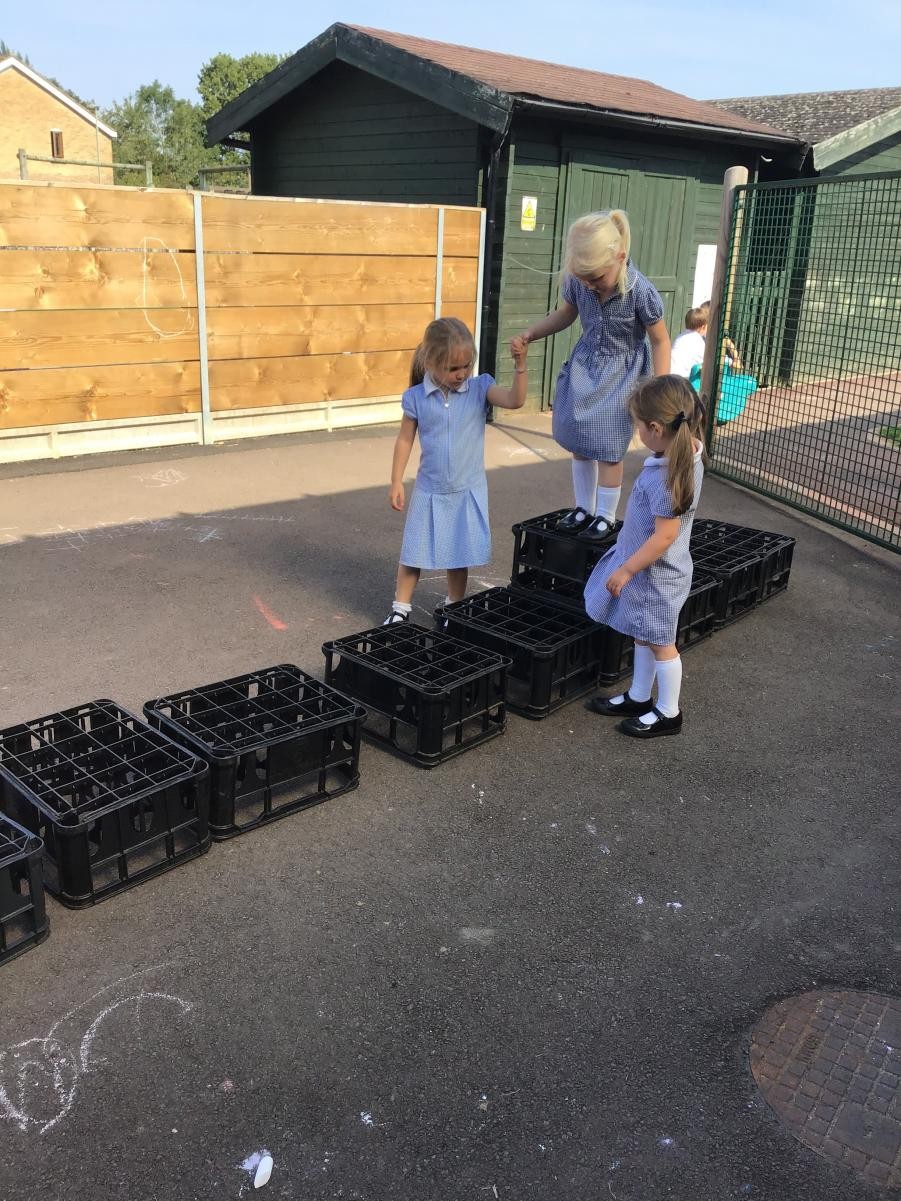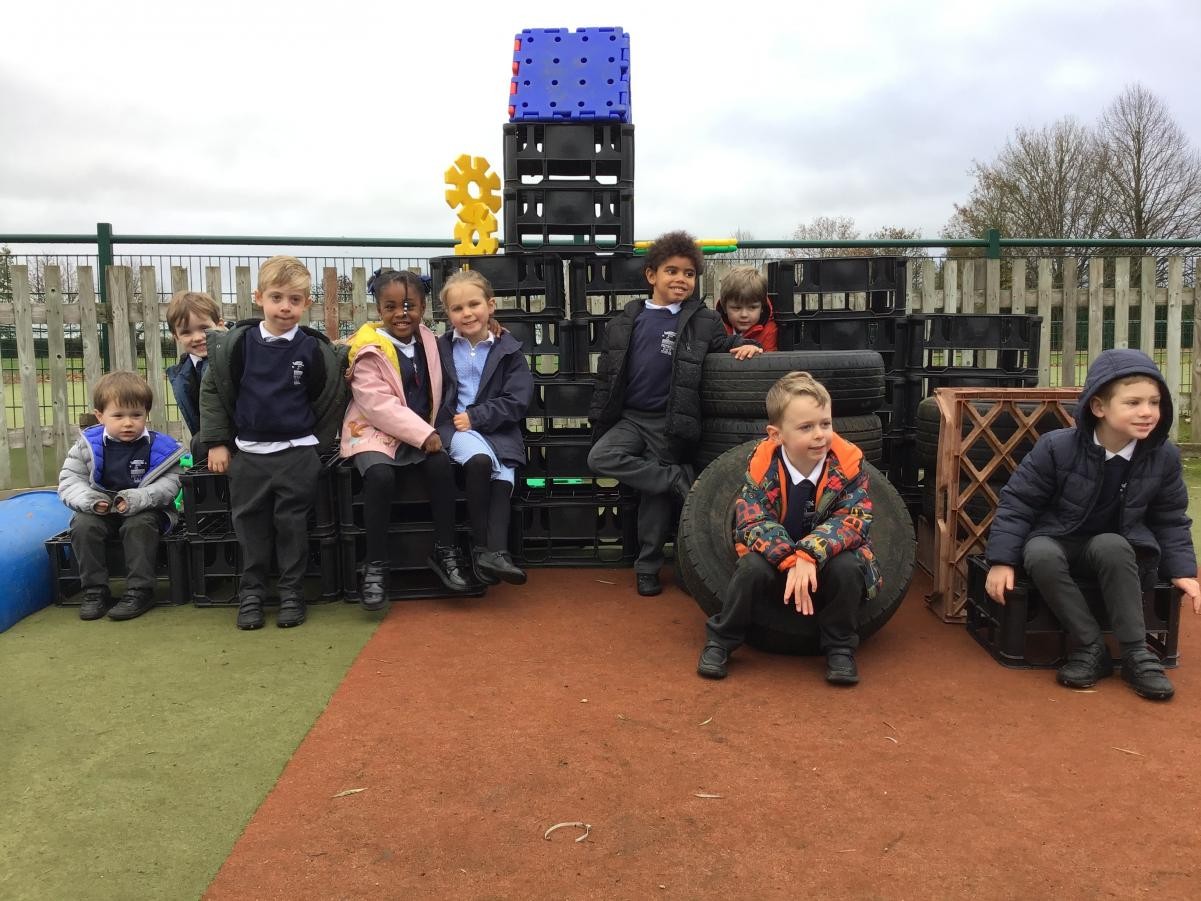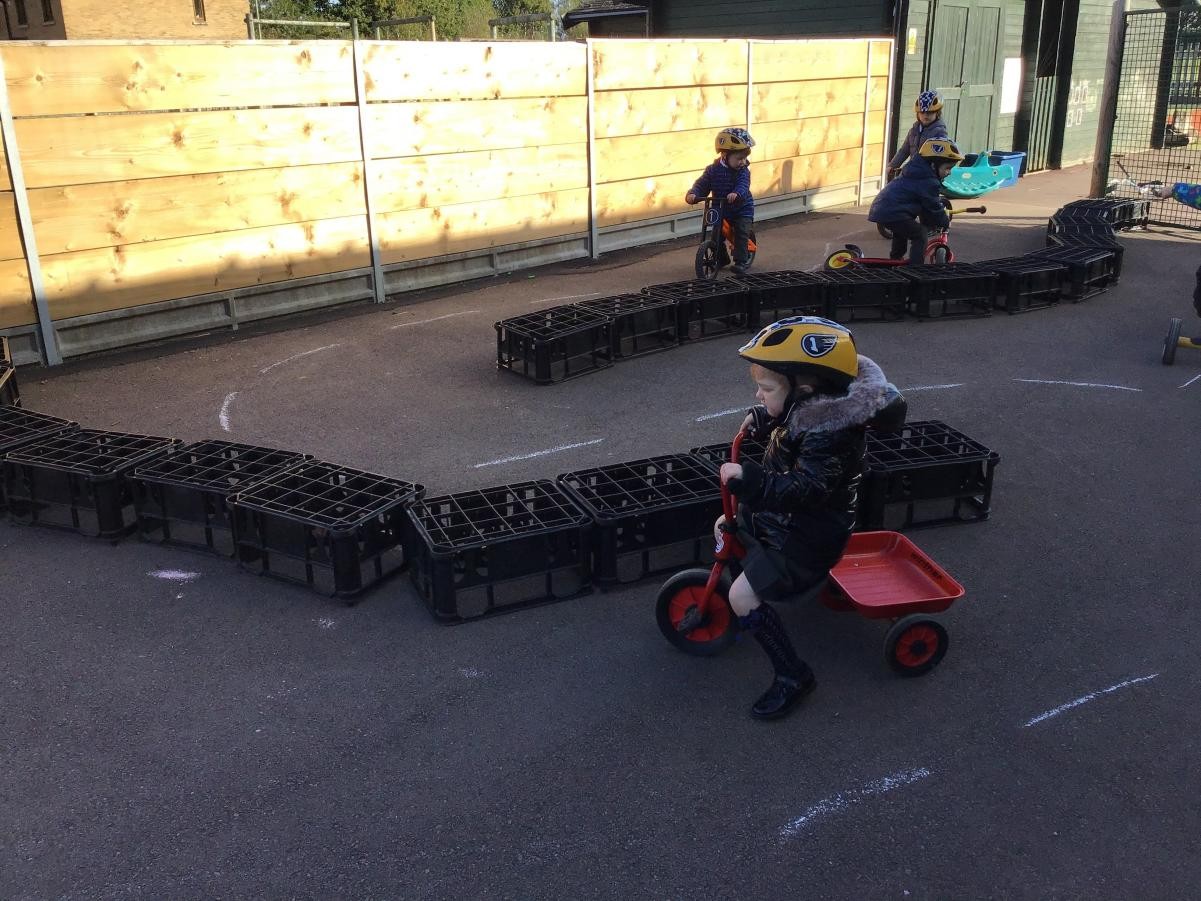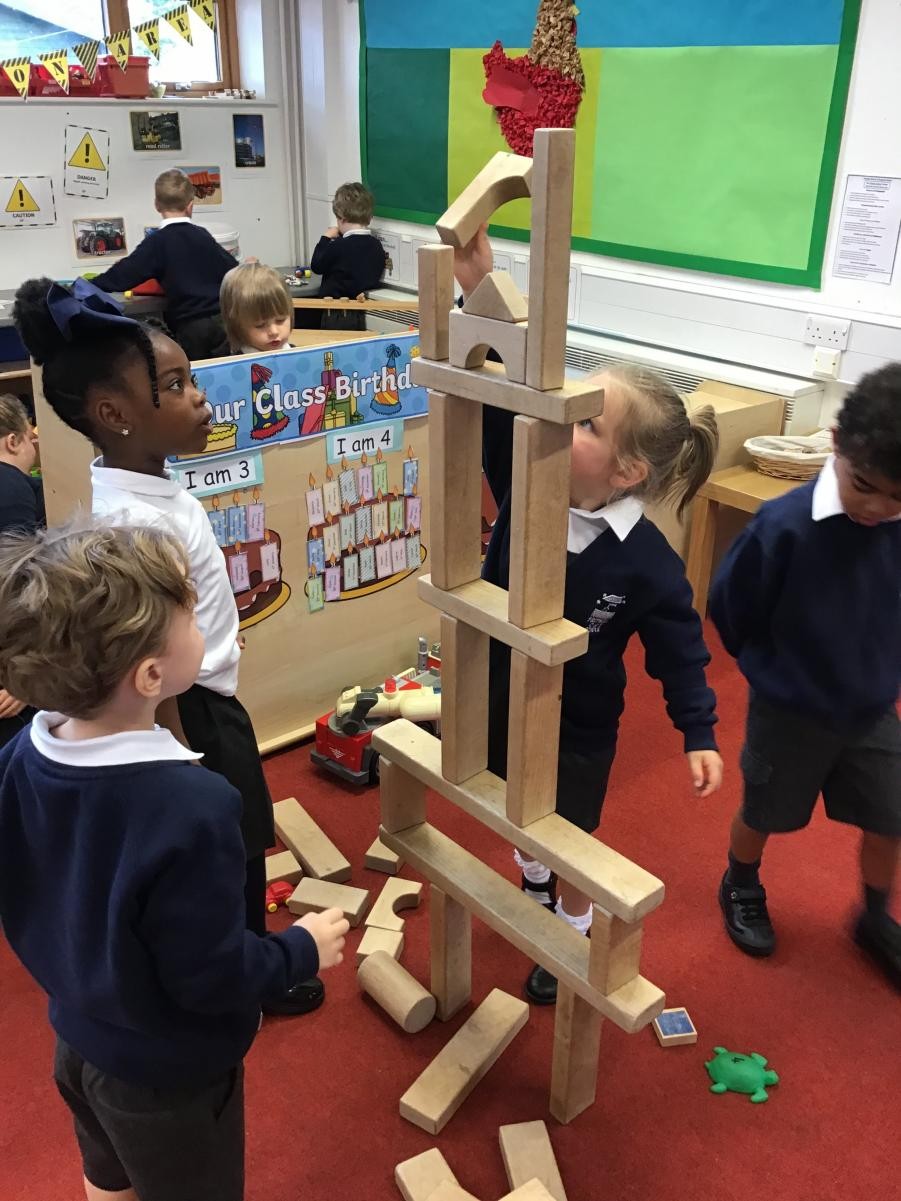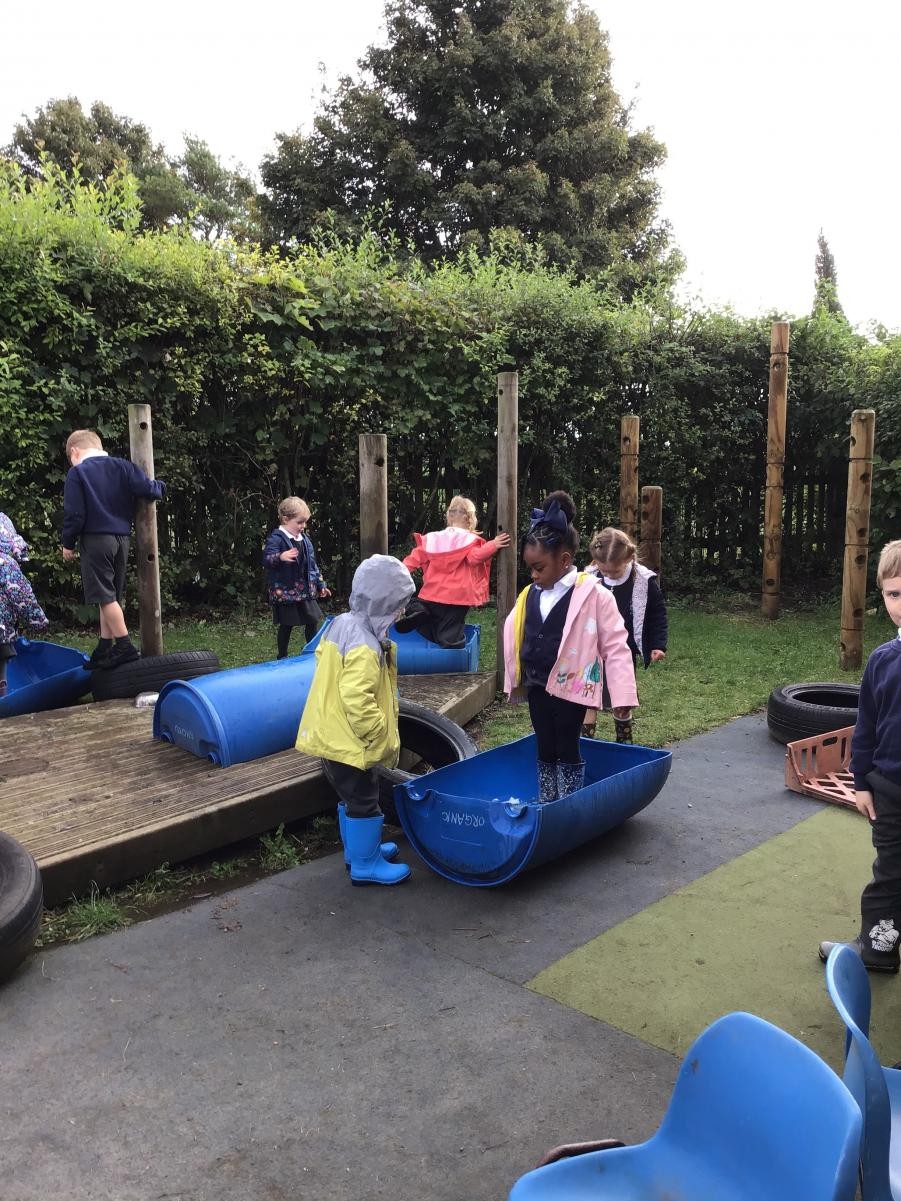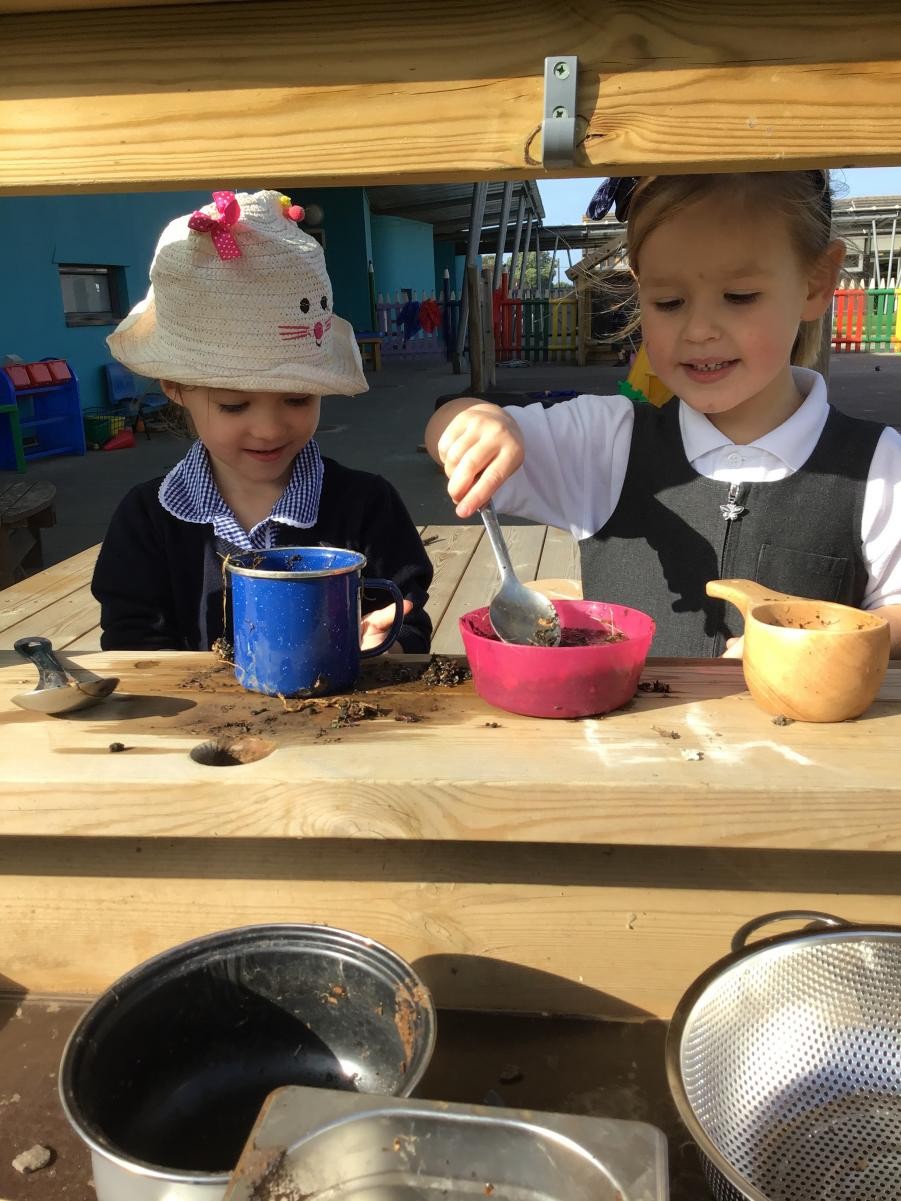Nursery and Early Years Unit
Share this page
Growing and Learning Together with God
For Nursery and Reception Age Children 3-5 year olds (Early Years Foundation Stage)
Our Early Years Unit is an environment that is welcoming, stimulating and child-centred. We enable every child to develop their full potential through providing a variety of learning experiences. We encourage children to increase their existing skills, knowledge and understanding through exploration of child-centred provision, alongside more formal focused learning in groups and 1-1 when appropriate. During the time spent in Early Years we will help your child to settle into the routines of school and ensure that they are making progress both academically and socially.
To enhance the learning experiences during this important phase of your child’s life, we have integrated our Nursery and Reception provision. Children have access during the day to all areas and learning resources that the unit offers. Children also have continuous access to our fantastic outside area. This extension of the classroom provides a dynamic and stimulating space for learning. We place a great importance in our outdoor learning.
The Early Years Foundation Stage is the period of learning and development from birth to the end of their first year in school (Reception). It is called the Early Years Foundation Stage because it gives children secure foundations to make the most of their abilities and talents as they grow up. The Early Years Foundation Stage forms a holistic approach, which aims to develop the whole child socially, emotionally, physically and intellectually. Children are born ready, able and eager to learn. By taking each unique child and helping them to develop positive relationships within an enabling environment we will see them learn and develop.
There are four guiding principles that shape the practice in our Early Years Unit. This is reinforced in the EYFS Statutory Framework (April 2017).
• Every child is a unique child, who is constantly learning and can be resilient, capable, confident and self-assured. This means we recognise that children develop in individual ways and at varying rates.
We are inclusive and ensure that no child or family is discriminated against, and that the health, wellbeing and safety of the children in our care are paramount.
• Children learn to be strong and independent through positive relationships.
We see parents as partners – when parents and staff work together it have a positive impact on children’s development and learning.
• Children learn and develop well in enabling environments, in which their experiences respond to their individual needs and there is a strong partnership between practitioners and parents and/or carers.
By giving the children a rich and varied learning environment, making use of both inside and outside areas, we believe we support every child in their learning and development. Activities are planned by observing the children in order to understand their individual needs.
•Children develop and learn in different ways and at different rates.
We recognise that play is a child’s work and that children learn best through physical and mental challenges. Playing is the child’s way of discovering the world around them and how it works. Play is a natural vehicle for learning because it motivates young children. Learning experiences with a variety of materials provide opportunities for exploration and experimentation, construction and representation, creation and imagination, learning skills and concepts, repetition, consolidation, socialisation and emotional security.
The Characteristics of Effective Learning
Three characteristics of effective teaching and learning are:
playing and exploring – children investigate and experience things and ‘have a go
active learning – children concentrate and keep on trying if they encounter difficulties and enjoy achievements and
creating and thinking critically – children have and develop their own ideas, make links between ideas and develop strategies for doing things
These underpin learning and development across all areas and support the child to remain an effective and motivated learner.
The Early Years Foundation Stage Curriculum
We use a carefully balanced curriculum focusing on the seven areas of learning and development all of which are important and inter-connected.
The three prime areas, which are crucial for building children’s capacity to learn, form relationships and thrive, are:
Communication and Language
Physical Development
Personal, Social and Emotional Development
There are four specific areas, through which the three prime areas are strengthened and applied. The specific areas are:
Literacy
Mathematics
Understanding the World
Expressive Arts and Design

